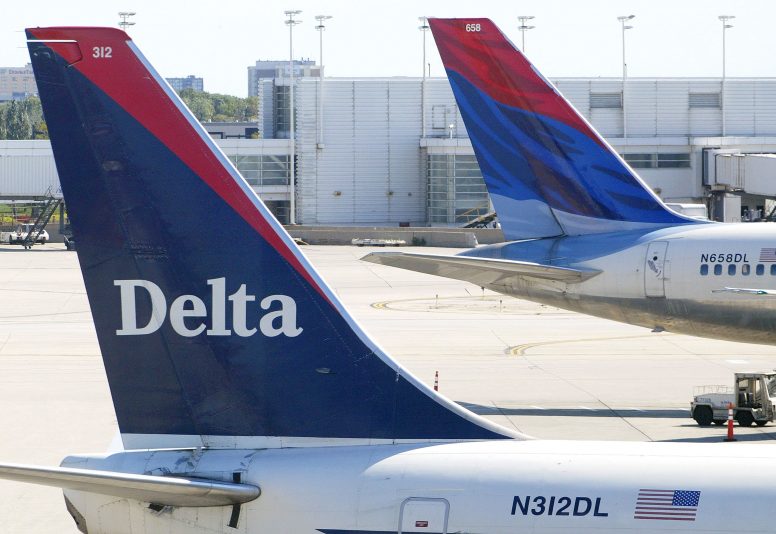
OAN’s Elizabeth Volberding
11:50 AM – Thursday, October 5, 2023
Delta, American, United and Southwest Airlines have discovered that unapproved jet engine parts with fake safety certificates have been installed inside their planes.
The airline companies and the European Union Aviation Safety Agency have claimed that AOG Technics, a leading global aircraft support provider to the air transport industry, sold them the fake parts. The airlines stated that AOG Technics falsified the required airworthiness documents for the spare parts and mass-produced artificial safety certificates in order to sell its engine parts to them.
Parts sold by the problematic company have been found in 126 engines across the airlines and several questions have been raised over the effectiveness of the aviation industry’s safety oversight measures.
The potentially faulty parts stretch from minor screws and bolts to essentially important turbine blades in the planes. The most impacted engine model was discovered to be a CFM56, which is known to carry the record for the most engines ever sold to airlines at over 33,900.
Delta Airlines is the most recent airline company to join the other three airlines in finding unapproved jet engine parts. The company announced on Monday that it removed several engines from service, along with the other major airlines who did so as well.
Delta released a statement regarding the issue.
“Delta has been informed by one of our engine service providers that a small number of engines they overhauled for us contain certain parts that do not meet the documentation requirements. Working with the overhaul provider, we are in the process of replacing those parts and remain in compliance with all FAA guidelines – because safety is always our priority.”
Dean Ramnath Chellappa, an Emory University Associate, spoke out about the airline issue.
“For sure, the airlines need to be worried about this because, essentially, this is somebody falsifying their manifest of parts,” Chellappa said. “And it’s a problem that is essentially reflective of how the supply chain is not maintaining the integrity.”
However, the associate also said that there is no way to confirm that the parts will do what they are supposed to do without the proper documentation.
“When a supplying firm, in the supplying chain, certifies that these meet all the standards, etc. Those have to be guaranteed, and you should be able to take that at face value,” he said.
Regarding Delta, the impacted engines only account for less than 1% of the airlines company’s mainline fleet, which is positive news for frequent fliers.
United Airlines also spoke out about the issue, saying that only a few of their planes were affected by the unapproved parts.
“As we investigated this matter, we learned that compressor stator vane seals from this supplier had been installed on a single engine on each of two aircraft, including one that was already undergoing routine maintenance. We are replacing the affected engines on both aircraft before they are returned to service, and we’ll continue to investigate as new information becomes available from our suppliers,” United said in a statement.
Additionally, a spokesperson from Southwest Airlines provided the following statement on Tuesday evening.
“We became aware of the issue in early August and took necessary steps to ensure we do not have any parts in our fleet from AOG. Our suppliers conducted a review of Southwest parts and identified one engine that contained two low-pressure turbine blades from this vendor. In an abundance of caution, we made an immediate decision in August to promptly replace those parts on that single engine.”
The airline parts were supposed to undergo strict safety tests to ensure they were “airworthy,” however, the Federal Aviation Administration and investigators in Europe have claimed that AOG Technics forged the safety certifications and documentation.
The major airlines have proceeded to pull their jets from their fleets as the investigations of the potentially tragic faults are continuing. Additionally, the companies have stated that passenger safety has not been compromised.
Stay informed! Receive breaking news blasts directly to your inbox for free. Subscribe here. https://www.oann.com/alerts

